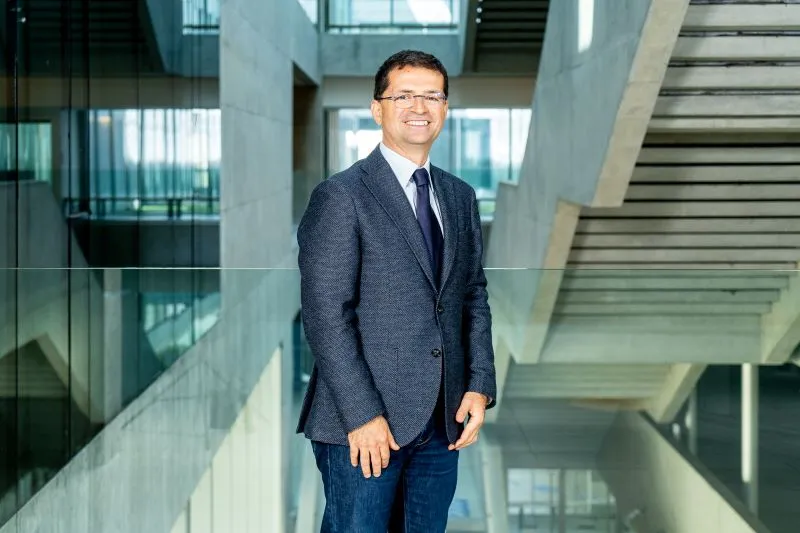
Promoting European education and values
From joint courses to summer schools, from common research projects to conferences, the activities of the CIVICA alliance, of which Bocconi is a founding member, knows no bounds. All in the spirit of fostering European collaboration and values and a promoting a diverse and inclusive community reaching out to students, faculty and staff of the member universities.
CIVICA - The European University of Social Sciences was selected in 2019 by the European Commission as one of the pilot European Universities, funded under the Erasmus+ programme, to promote European values and identity, help build a European Education Area and enhance strategic partnerships in higher education and research. The eight founding universities, Bocconi, Central European University, European University Institute, Hertie School, National University of Political Studies and Public Administration, Sciences Po, Stockholm School of Economics and London School of Economics and Political Sciences, have recently welcome two new members on board, IE University and SGH Warsaw School of Economics.
In these first three years, CIVICA members have drawn on their joint expertise and shared knowledge and competences to offer students, faculty and staff innovative, transnational opportunities in education, research and civic engagement.
"The spirit is that of creating a common European academic corpus and defining a common high standard of education in the social sciences. Putting together all the best experiences and also experimenting by innovating, such as with joint courses," explains Carlo Altomonte, who is director of the CIVICA multicampus course and coordinator for the CIVICA work package on undergraduate initiatives. "It is a practical exercise in diversity – gathering all the best European experiences to promote development that, in line with European values, also bears in mind cohesion, diversity and sustainability."
CIVICA promotes a series of activities calling out to students, faculty and staff across the network. For students for example, there is the CIVICA Engage track, a bachelor experience with a focus on civic engagement, the European Week, a one-week education experience for bachelor students held at a different campus every year, the Future of Europe-Europeanship multicampus, a course taught jointly by professors from the various CIVICA universities looking at European policy challenges for 200 master's students, and the PhD Summer School. Then there are a series of events such as the CIVICA Public Lectures Tours d'Europe, to help citizens' understanding of contemporary issues, and the PhD Panel Series.
"The aim is to promote joint educational experiences and exchanges, to foster collaboration and networking with fellow European students and faculty. You learn from diversity and with common objectives everyone in the single universities in enriched by these experiences," says Altomonte.
The CIVICA Research project was also recently launched to deepen research collaborations across the network focusing on these key challenges: Societies in Transition, Crises of Earth; Democracy in the 21st Century; Europe Revisited; Data-Driven Technologies for the Social Sciences.